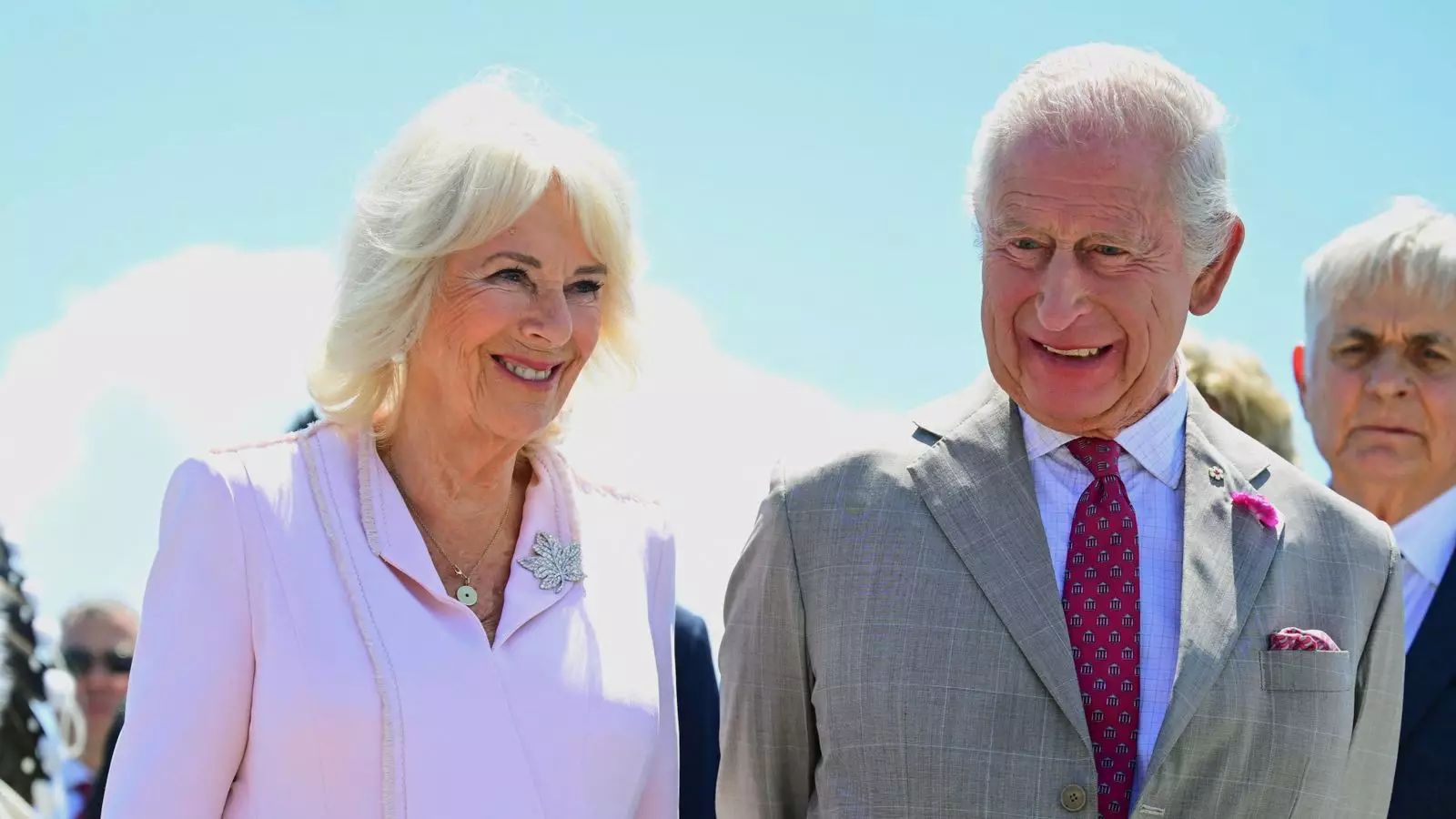In a world where economic disparity is hitting record levels, Buckingham Palace’s recent disclosure of extravagant gifts to the Royal Family strikes a discordant note. Among these gifts is a magnificent Rolls-Royce, a symbol of opulence, bestowed upon King Charles by the King of Bahrain. This is not merely an indulgence but an emblem of a royal institution that often appears detached from the everyday struggles of the citizens it supposedly serves.
With a price tag of $443,575, this vehicle could feed families, improve education, or enhance healthcare in a country riddled with systemic issues. The mental gymnastics required to justify such a gift for “official purposes” amid a cost-of-living crisis is nothing short of bewildering. When the world’s eyes are glued to the plight of ordinary citizens grappling with inflation, royal expenditures paint a most extravagant picture—one that screams privilege and insensitivity.
Gifts that Speak Volumes
The cavalcade of royal gifts paints a tapestry of global relationships and soft diplomacy, but let’s not avert our gaze from the reality they represent. While the likes of a leather folder with historical letters from American leadership or handmade treasures from Amazonian Indigenous leaders seem noble, one must ponder whether they distract from the pressing ethical questions surrounding such riches.
What is the true value of these gifts? If they end up preserved in the Royal Collection, they serve to fortify the monarchy’s historical prestige but also raise the question: should such political relics remain in private hands? The monarchy has long been criticized for surviving on outdated traditions, and one wonders if collecting historical artifacts is a valid excuse for continuing a legacy that many view as archaic and elitist.
A Selective Kindness?
It’s also jaw-dropping to consider the disposal policies for the royal gifts—particularly food. To think that perishable goods valued under £150 can be royally redistributed gives rise to a complex notion of charity. If the royal family can simply pass off unwanted food to charity, we must ask: what about the plethora of luxury items that remain unused? Gifts that have no usefulness beyond their ostentatious presentation serve to emphasize an unequal partnership with the public. The royals are, after all, custodians of national heritage—but at what cost to the modern citizen’s sense of equality and fairness?
The insistence that official gifts enter the Royal Collection only underscores their insulated lifestyle and places them far beyond the reach of everyday Britons. While some laud these gestures as acts of diplomacy, others rightfully question their authenticity.
In an age where transparency should reign, the monarchy’s handling of such gifts may come to symbolize outdated privilege instead of societal stewardship. It is vital to scrutinize whether these luxuriant gifts enhance the monarchy’s relevance or merely serve as relics of a bygone era—a time when elitism was accepted as normal. The lavish ongoing tradition of gift-giving begs the question: Can a monarchy truly serve a nation if it remains ensconced in such splendor?



Leave a Reply